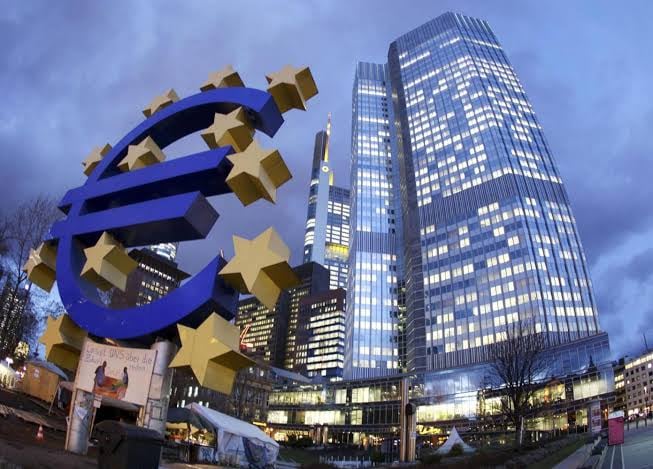Eurozone Growth Outlook Still Hampered by Inflation

The European Commission this week tempered its eurozone growth expectations for 2023 and 2024, saying the high cost of living and interest rates were dragging down consumers and businesses.
It adjusted its 2023 growth forecast to 0.6%, removing 0.2 percentage points from a prior estimate. Growth in 2024 is expected to be 1.2%, a 0.1-point drop.
Still high, though declining, inflation and tightening monetary policy took a heavier toll than previously expected. External demand was also weak, according to the commission.
The eurozone's economic expectations contrasted with that of the United States, which is enjoying strong annualized growth of 4.9% based on third-quarter data.
Both Europe and the United States are fighting with stubbornly high inflation, set off by the post-pandemic increase in demand and, in Europe's case, complicated by higher energy costs resulting from Russia's war in Ukraine.
Brussels anticipates 5.6% inflation for the eurozone this year, unchanged from a previous estimate, and 3.2% next year, an increase from the 2.9% previously forecast.
What does this mean for me?
Europe's economic slowdown has leaked through to the services sector after bringing industry activity down, and the outlook is dampened by softer demand and shortages of material and equipment.
The eurozone's biggest economy, Germany, is expected to shrink by 0.3% this year before seeing a "moderate rebound" to 0.8% growth next year and 1.2% in 2025, the commission said.
France, the second-biggest economy, is expected to post 1% growth this year, 1.2% next year and 1.4% in 2025.
More News
.webp)
Japan’s Rate Shift Is Rippling Through Global Bond Markets
1 week ago

China’s Growth Engine Stalls as Consumers and Investors Pull Back
1 week ago

Egypt’s Recovery Gains Traction as Household Pressure Lingers
3 weeks ago

OECD Warns AI and Tariffs Will Test the Global Economy
3 weeks ago

Zero Tariffs, Higher Drug Bills as US and UK Reset Pharma Trade
3 weeks ago

Catastrophe Bonds Go Global as Climate Risk Meets Yield Hunting
1 month ago
.webp)
Canada Shields Steel and Lumber Industries From Tariffs
1 month ago

Trump Drops Selected Tariffs in Response to Inflation Pressures
1 month ago